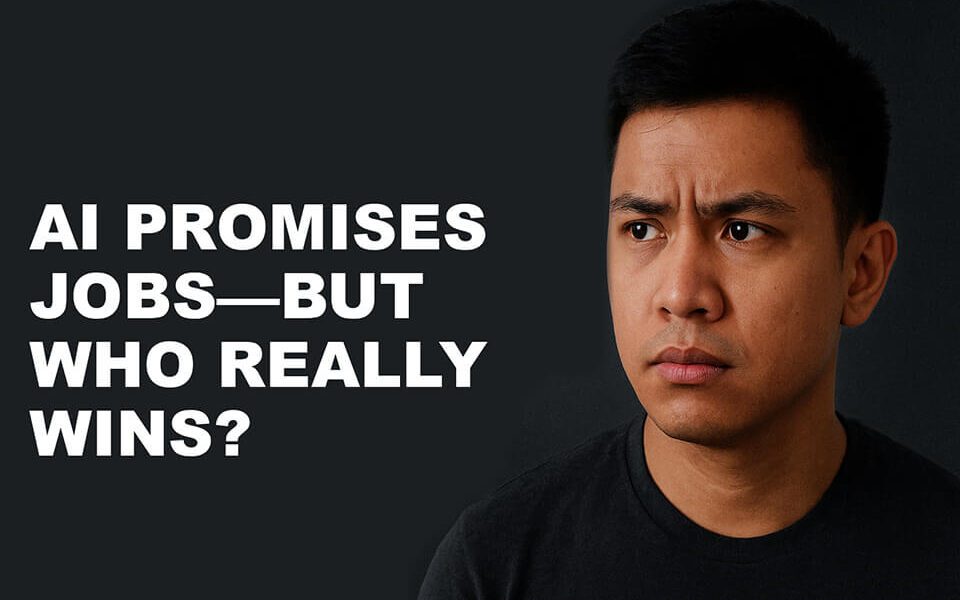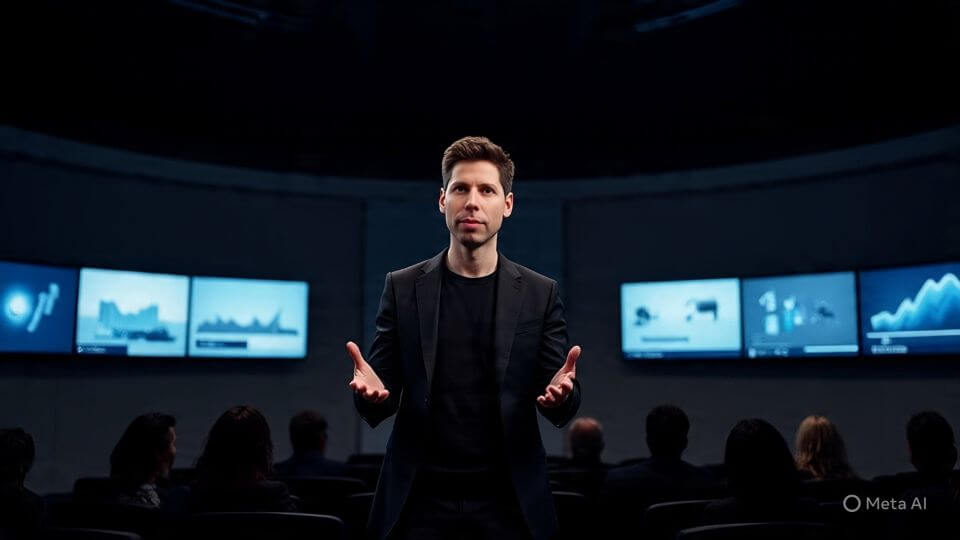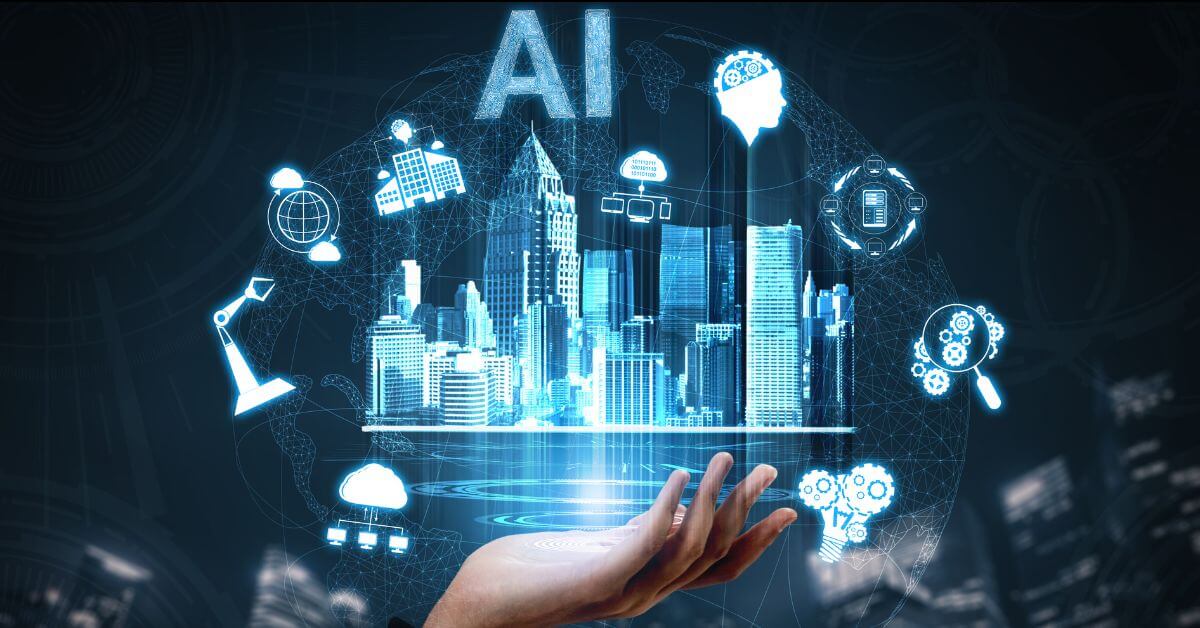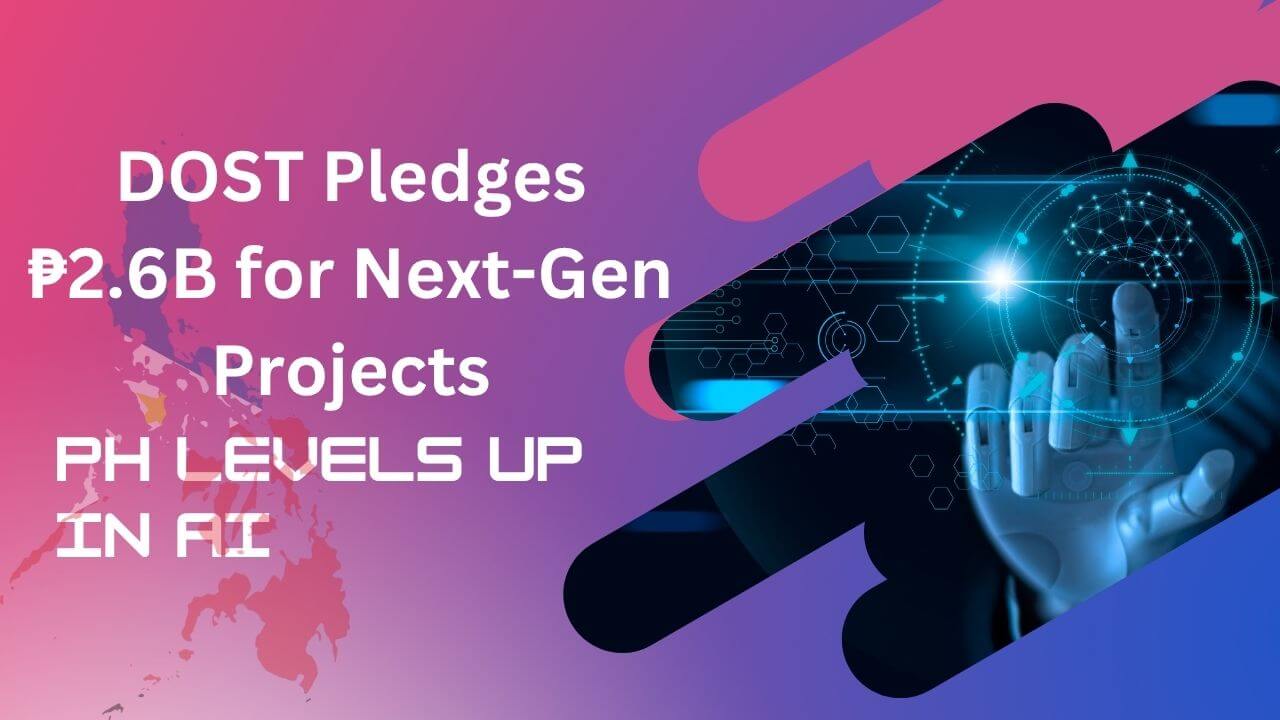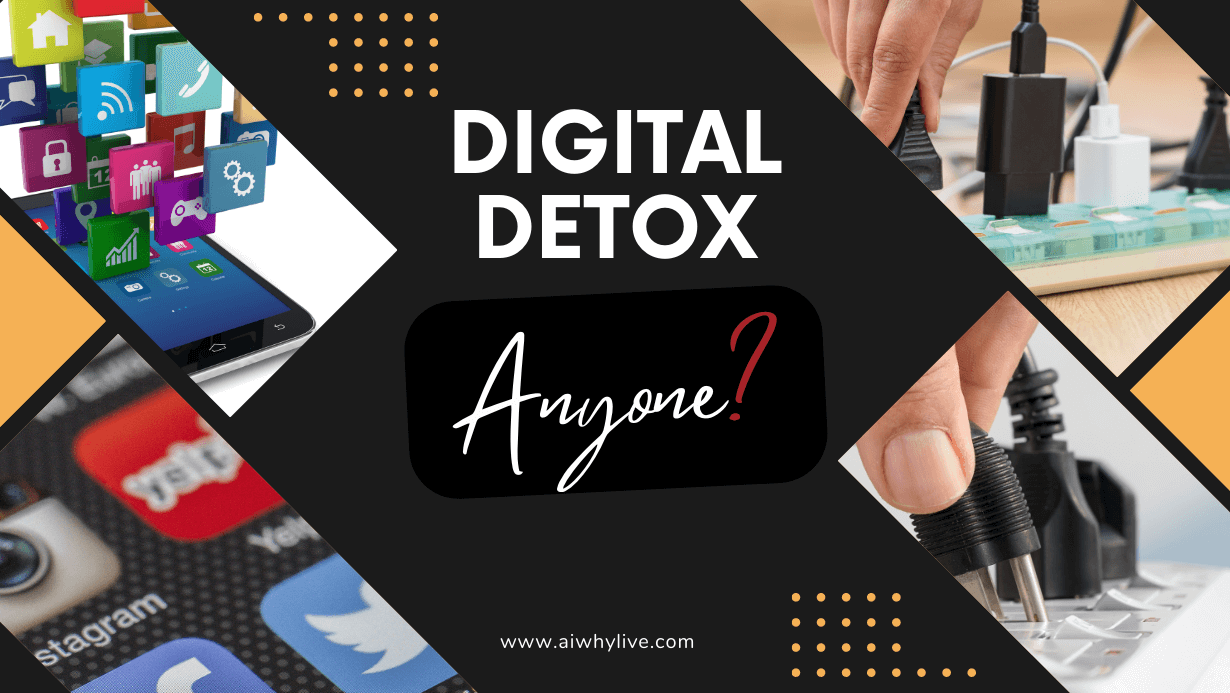When OpenAI announced its vision of “expanding economic opportunity with AI,” it sounded like a global salvation story. AI, they claimed, could unlock jobs, upskill millions, and open doors to a fairer economy.
But here’s the hard question: opportunity for whom?
If you’re a Filipino working in BPO, finance, or even education, it’s hard not to feel like you’re on the wrong side of this AI “revolution.”
The Big Tech Pitch vs. Ground Reality
OpenAI frames AI as a tide that lifts all boats. They highlight how AI tools can make workers faster, small businesses more competitive, and students smarter.
Sounds good—on paper.
But in the Philippines, one of the largest BPO hubs in the world, AI isn’t just a helper. It’s a replacement. Customer service chatbots, AI-powered finance systems, and even auto-generated lesson plans threaten industries where millions of Filipinos depend on for their daily bread.
Global tech leaders say, “Don’t worry, AI will create new jobs.” The reality? Most of those jobs—AI engineers, ethics reviewers, data scientists—require skills, capital, and networks that ordinary Pinoys simply don’t have access to.
Jobs at Risk
Let’s be blunt. AI is already automating away roles that were once safe bets in the Philippines:
- Call center agents: Replaced by chatbots that never sleep.
- Data entry clerks: Outpaced by AI auto-fill and processing tools.
- Junior analysts: Beaten by algorithms crunching numbers in seconds.
- Teachers and tutors: Challenged by personalized AI learning apps.
For every opportunity that AI “creates,” another door quietly shuts.
Jobs Potentially Created
To be fair, AI isn’t just destruction. There are new niches opening up:
- AI trainers and content reviewers who fine-tune systems.
- Ethics and policy roles focused on safety, fairness, and regulation.
- Local AI startups solving uniquely Filipino problems (like translation, agriculture, disaster response).
But here’s the catch: these jobs require upskilling, infrastructure, and strong policies—things we’re still scrambling to build.
The Inequality Question
Here’s where it gets uncomfortable.
When Big Tech says “economic opportunity,” what they often mean is: opportunity for those who already have money, degrees, and access. The risk is that AI, instead of being a great equalizer, becomes the biggest inequality amplifier of our generation.
Think about it: Silicon Valley companies get richer, Western economies adapt, while Filipino workers are left in the dust—jobless, “reskilling” endlessly, and told to “adapt faster.”
This isn’t the first time we’ve heard this story. Remember globalization? It promised a rising tide. Yet decades later, we’re still exporting labor, while the richest nations get richer.
The Filipino Choice
So what now? Should we just sit and wait for AI’s “promises” to trickle down? Or should we start shaping our own path—through education reforms, digital entrepreneurship, and policies that protect workers while encouraging innovation?
AI could be a tool for empowerment, but only if we claim it, question it, and use it on our terms.
Because here’s the truth: economic opportunity isn’t given. It’s taken.
🔥 Final Thought: OpenAI says AI is coming to lift us up. But for Filipinos, the challenge isn’t waiting—it’s fighting for a seat at the table before the AI banquet starts without us.
